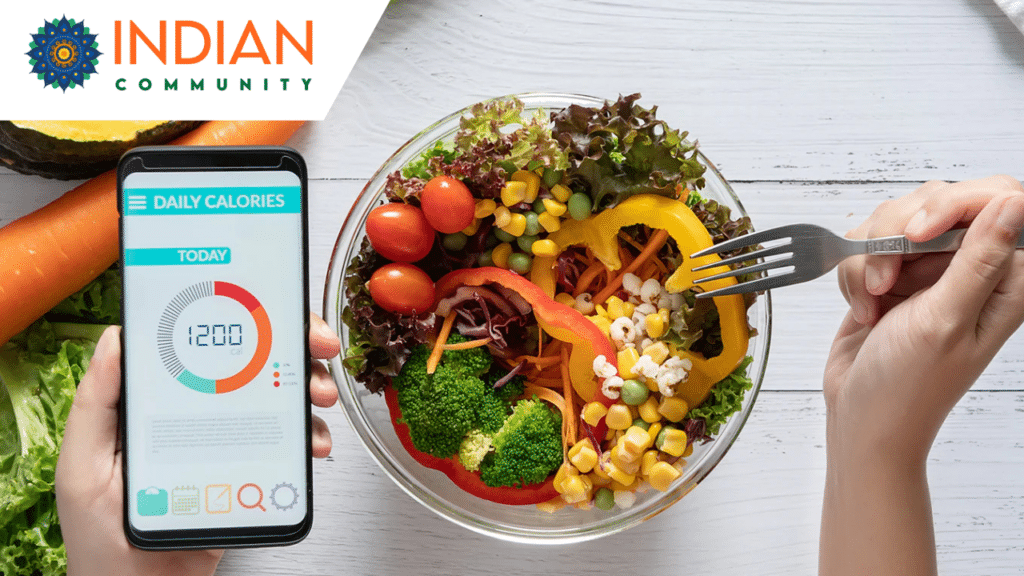In today’s tech-driven world, smartphones and tablets offer unparalleled access to information and tools, empowering people to manage their health and wellness more effectively. One of the most popular uses of this technology is weight loss, with thousands of health apps available that promise to help individuals track their diet, exercise, and ultimately achieve their weight loss goals. According to some estimates, there may already be more than 40,000 health apps in the market, catering to a wide range of health and fitness needs.
But, the big question remains: Do these weight loss apps actually work?
A Closer Look at Weight Loss Apps
A recent study published in The Annals of Internal Medicine aimed to answer this question by putting one popular weight loss app, MyFitnessPal, under the scientific microscope. MyFitnessPal has over 50 million registered users and offers a web-connected food journal that helps users track their calorie intake and daily food consumption. The app also provides a goal-setting feature, calculating the user’s ideal daily calorie intake based on their current weight, target weight, and desired rate of weight loss. It boasts a massive database of over 4 million foods, making it easy for users to log what they eat.
In the study, researchers from the University of California, Los Angeles (UCLA), assigned over 200 overweight, middle-aged women to two groups: one used MyFitnessPal as a weight-loss aid, and the other received general weight management advice from a primary care doctor without using the app. After three and six months of monitoring, the results were somewhat surprising.
Both groups lost approximately the same amount of weight—around 5 pounds each. This result suggests that, in this case, the use of the app did not significantly outperform simple medical advice. What’s more, MyFitnessPal users saw their engagement with the app drop dramatically. Initially, participants used the app an average of five times a week, but by the second month, usage had dwindled to just over once a week.
The Downside of Weight Loss Apps
This study raises important questions about the effectiveness of health apps in fostering long-term behavioral changes. Simply offering an app to track health data isn’t enough to guarantee lasting weight loss results. Dr. Kamal Jethwani, the head of research and innovation at the Center for Connected Health, notes that many health apps fail to integrate key motivational elements like coaching, social connections, and incentives, which are essential to fostering sustained behavior change. “There are many examples of apps that do one of the three right,” he says, “but I have not seen one that does several things very well.”
The lack of engagement and motivation often leads to app abandonment. For a weight loss app to be truly effective, it needs to not only track a person’s data but also provide the tools to inspire and sustain long-term behavioral change.
Designing Better Health Apps
For weight loss apps to be truly impactful, they need to be designed with more than just data tracking in mind. Text 2 Move, a new app being developed by Dr. Jethwani’s team, serves as an example of how future apps could work more effectively. This app dynamically tracks a user’s physical activity and location, offering personalized motivational messages and feedback. Preliminary research has shown that users of Text 2 Move experienced an increase in walking time by up to one mile per day and improved blood sugar control.
The next iteration of the app aims to offer a variety of motivational modes, such as coaching, social support, and gamification. By analyzing a user’s behavior over a short trial period, the app will tailor its motivational style to what works best for the individual. This personalized approach is expected to be far more effective than generic advice or one-size-fits-all solutions.
So, Do Weight Loss Apps Work for You?
While MyFitnessPal and similar apps may not offer groundbreaking results on their own, they can still be valuable tools for individuals looking to manage their weight and improve their lifestyle. However, their success largely depends on the user’s motivation to make lasting changes and their commitment to using the app consistently.
Dr. Jethwani emphasizes that clinicians must recognize the potential of these tools and support patients in using them. He believes that motivated users can achieve significant results, while those who struggle with consistency may not experience immediate success, but will still gain valuable insights into their habits and lifestyle.
For those interested in exploring health apps, resources like Wellocracy—run by the Center for Connected Health—can provide guidance on finding apps and personal fitness trackers tailored to individual needs and motivational styles. Whether you’re looking for a simple calorie counter or a more advanced app that offers personalized coaching and support, experimenting with different tools can help you find what works best for you.
The Bottom Line
Weight loss apps, like MyFitnessPal, can certainly be a useful addition to your health routine, but they aren’t magic solutions. To truly succeed in losing weight, it takes a combination of motivation, consistency, and the right mix of features that align with your unique needs. Health apps alone are not enough—whether they succeed or fail largely depends on how well they integrate into your daily life and whether they can provide the support and motivation needed to make lasting changes.

